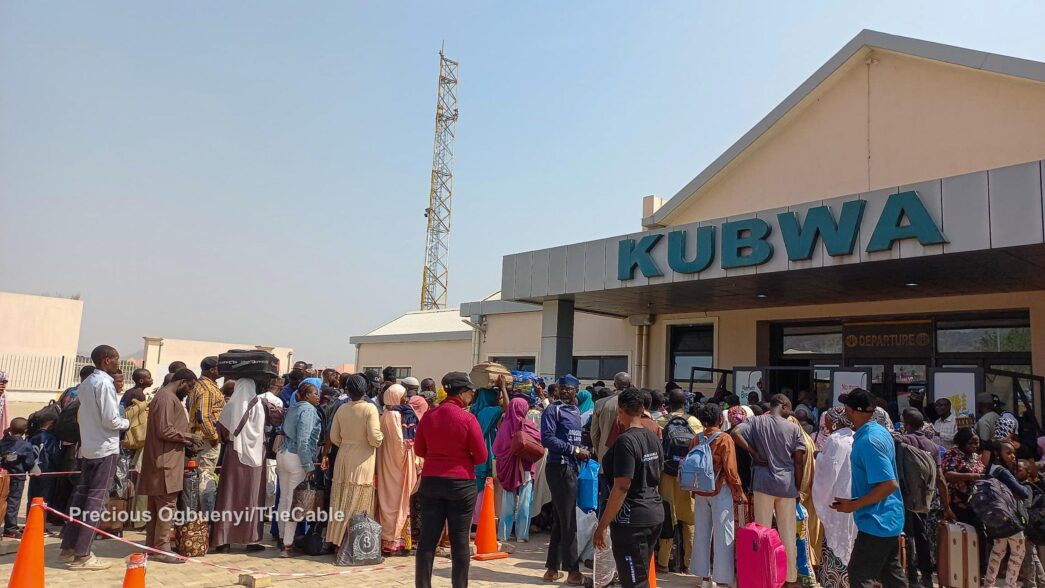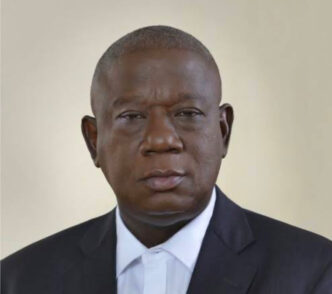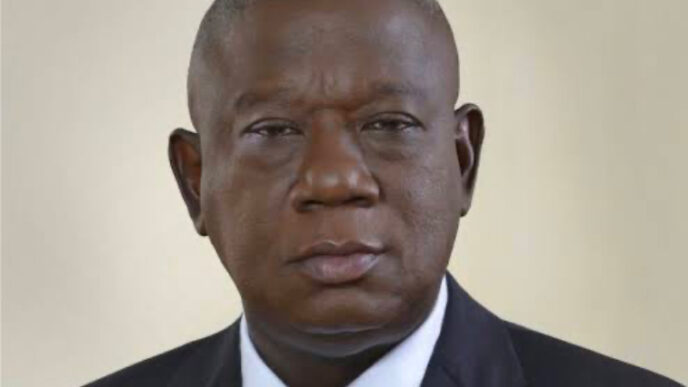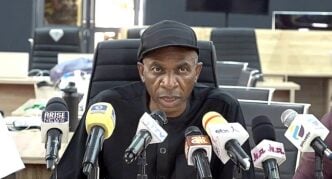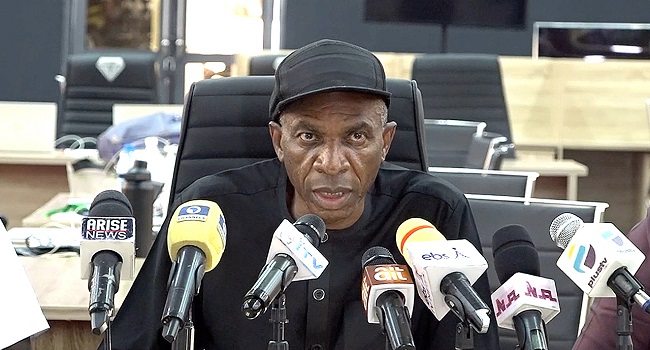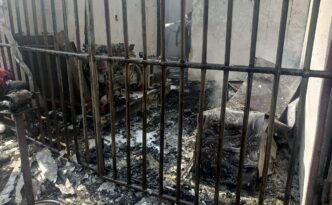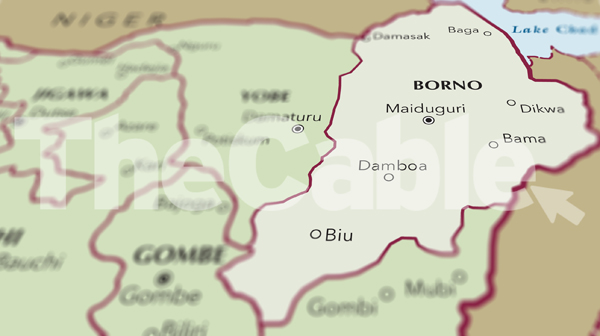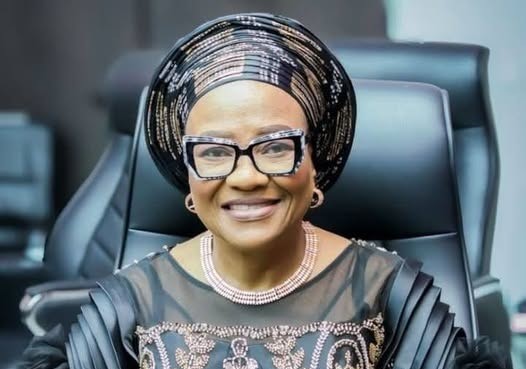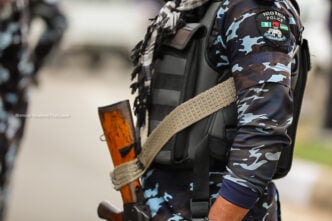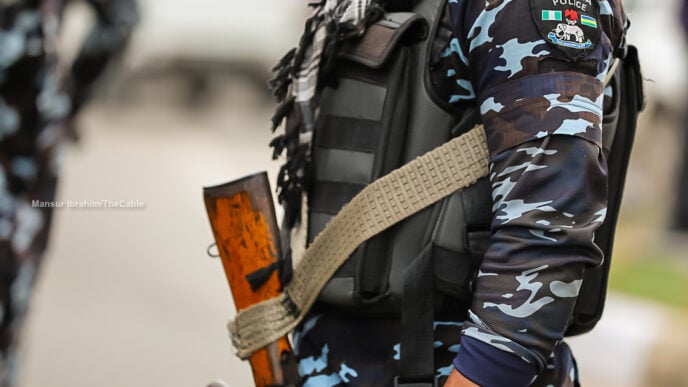Abuja, Nigeria’s capital city, largely depends on road transportation.
Given the city’s rapidly growing population, the pressure on road networks, especially on the major entry and exit routes, have been enormous. This has led to frequent gridlocks and a spike in crime and accidents.
The federal government has been focusing on other means of transport in and around the city in recent times with rail as the major addition.
On December 16, the federal government announced free train services for commuters from December 20, 2024 to January 7, 2025.
Advertisement
Mohammed Idris, minister of information and national orientation, said the initiative was introduced to reduce transportation costs for residents during the yuletide.
Nyesom Wike, minister of the federal capital territory (FCT), said in May that the Abuja light rail would offer free rides for two months. He spoke at a ministerial press briefing in Abuja, before the one-year anniversary of the President Bola Tinubu administration.
The gesture was later extended and is still effective within the FCT, with the ultimate goal being to ease commuting in the city and contiguous states.
Advertisement
The temporary free rail transport incentive expectedly gave rise to influx of passengers at major rail stations in the FCT, notably the Kubwa and CBD stations.
The Kubwa train station particularly experienced large turnout of commuters on the days preceding the Christmas and New Year celebrations.
On December 30, staff of the Kubwa station managed the passenger surge and ensured safety.
Emmanuel Obute, station supervisor, put it all down to advanced planning.
Advertisement
“We were informed on time to plan. We profiled passengers and organised boarding in an orderly manner. There was no chaos, and our facilities remained intact,” he said.
Despite concerns over potential stampedes, the station maintained order through effective crowd management and the use of the national identification number (NIN) for profiling.
“The NIN helps us ensure only profiled passengers travel… we also use it as our own manifest,” Obute added.
The initiative also introduced many Nigerians to train travel. Andrew, a traveller from Kaduna, said: “I’m just glad that the government has tried by providing this means for some of us to be able to travel and visit our loved ones.
Advertisement
“Actually, I was going to the park and my friend told me there is a free ride. I was doubting, but I came and I discovered it. It’s better. I will rather buy tickets than go through the road.”
Esther, another passenger, shared her experience: “When they said there’s free train, I was determined to make it happen because I have never entered a train. It took about two hours to get to Abuja from Kaduna. Everything is clean and it is faster.”
Advertisement
Obute said the station handled over 8,000 passengers within the first 10 days of the initiative, with each ticket in the standard class typically costing ₦3,600, which was fully waived via the free commuting gesture.
Amid the free rides, many passengers expressed their willingness to pay for future trips, citing affordability, comfort, and safety.
Advertisement
Below are images from the Kubwa station.
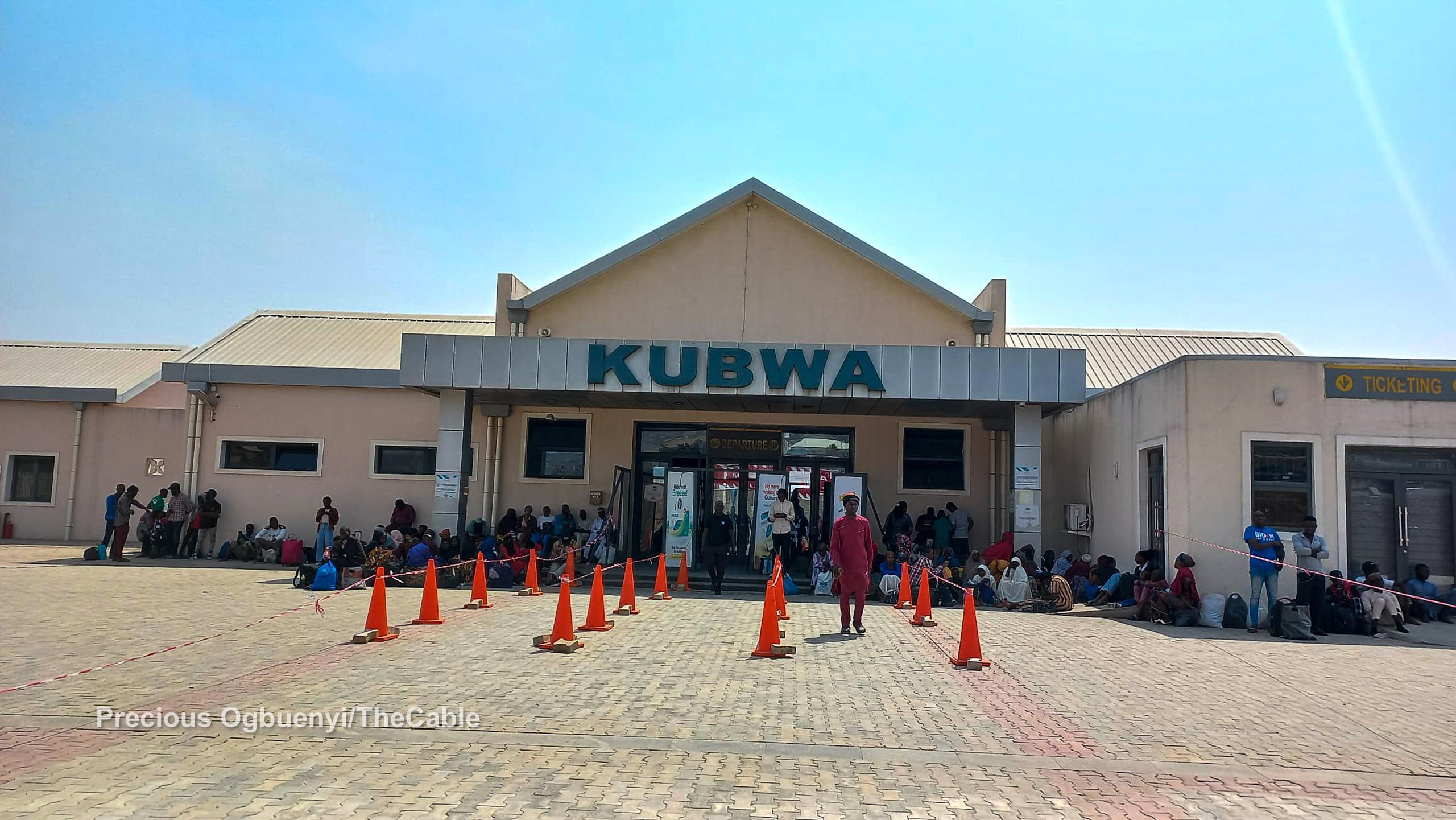
Advertisement
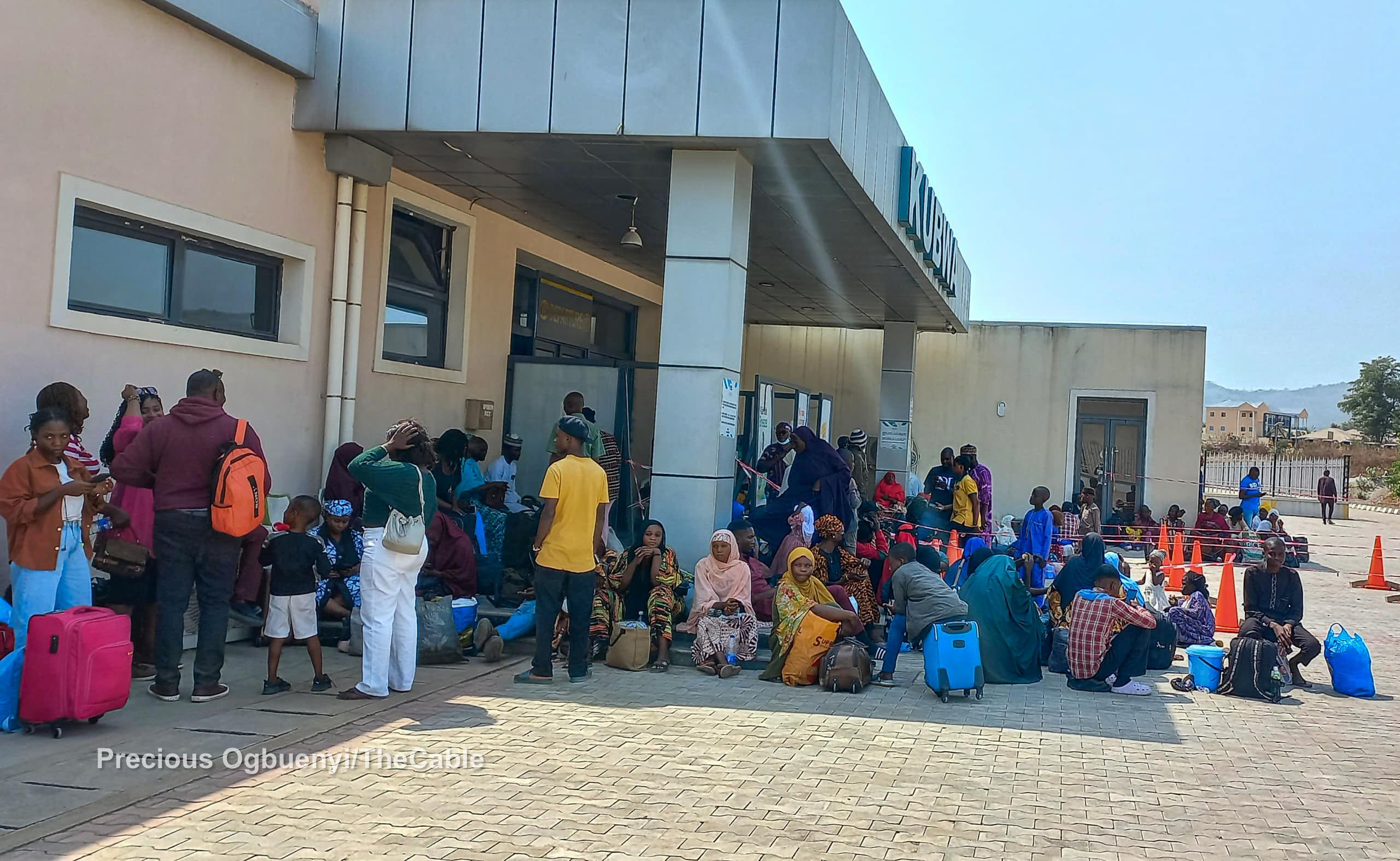
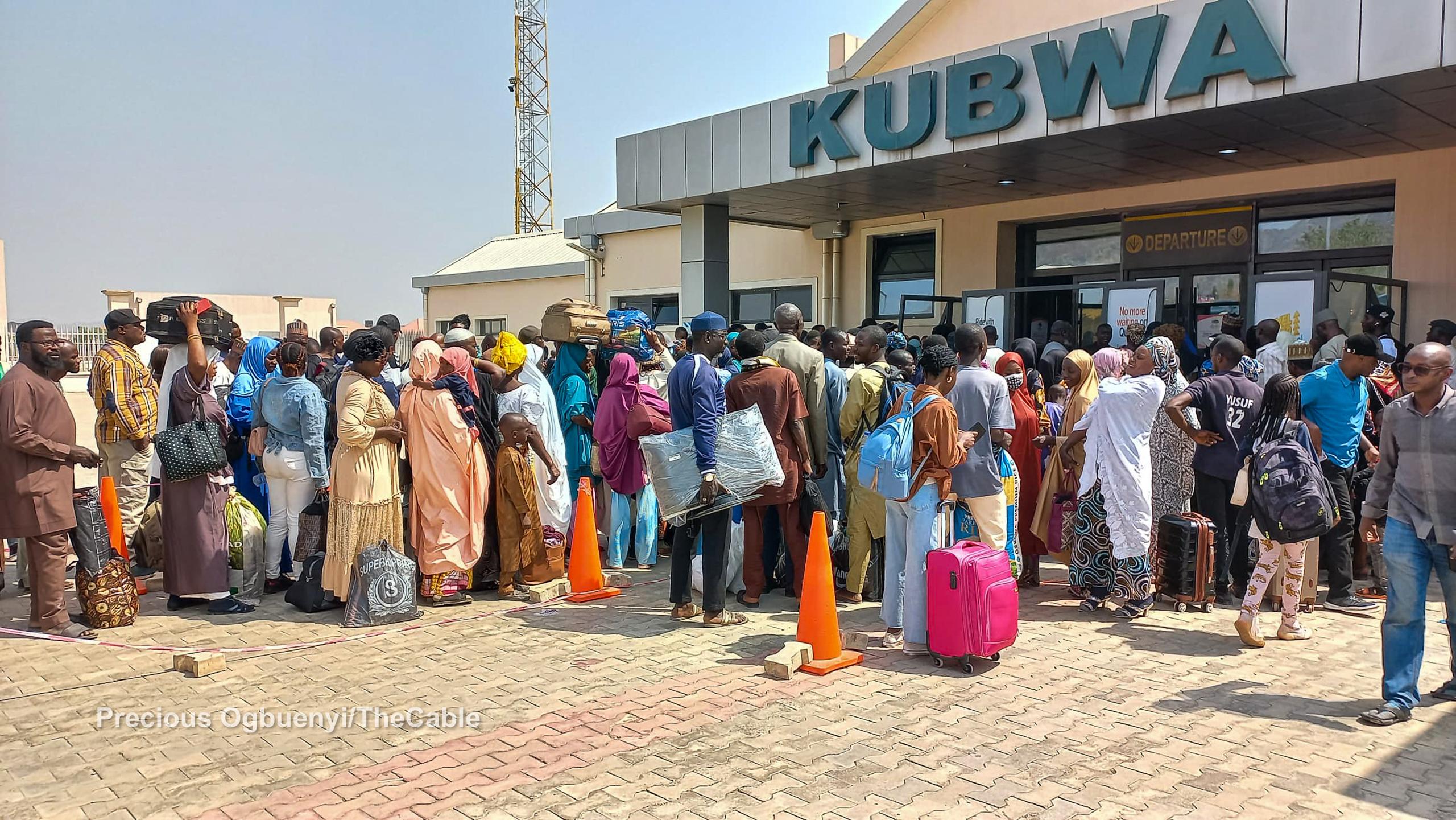
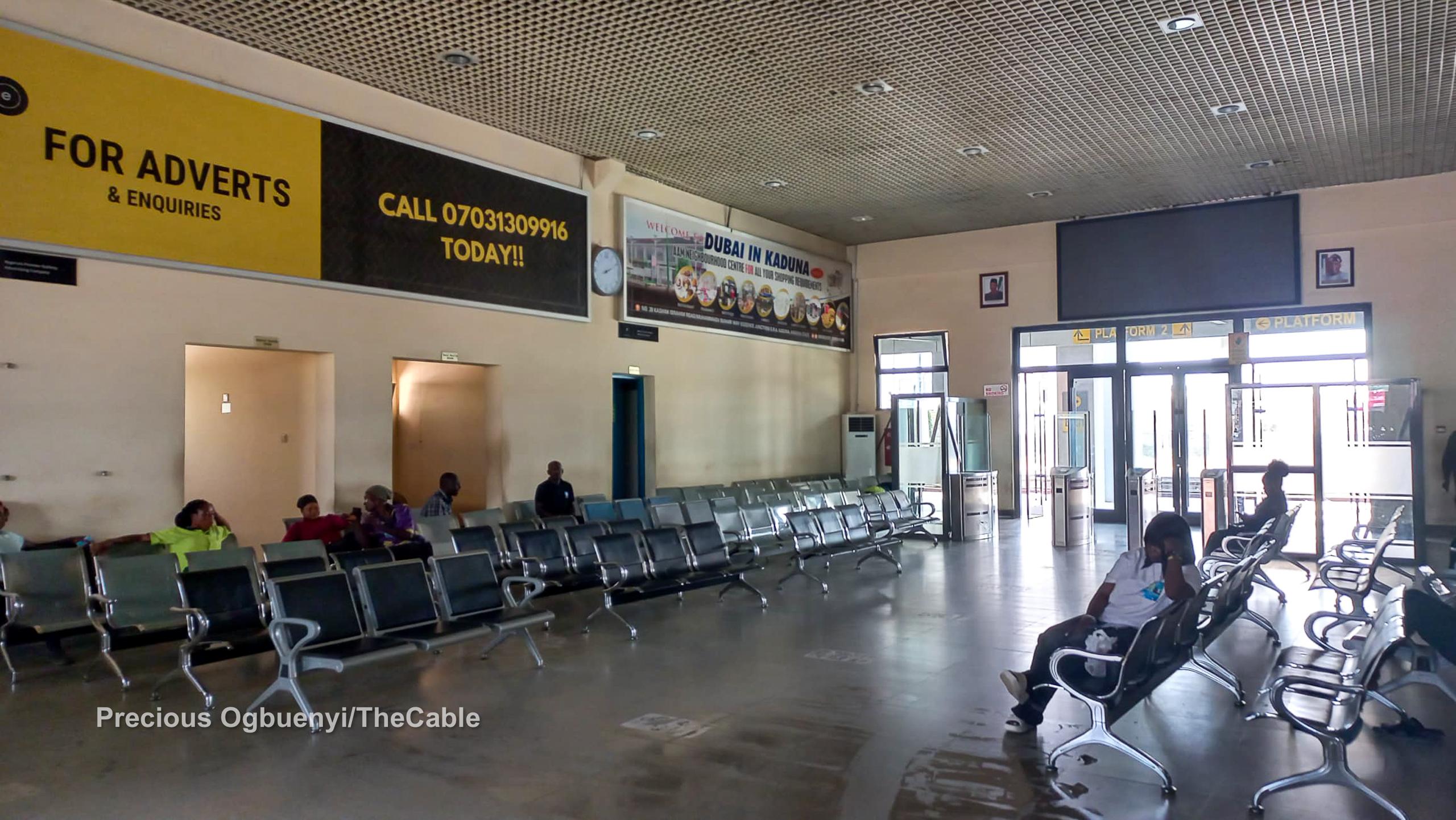
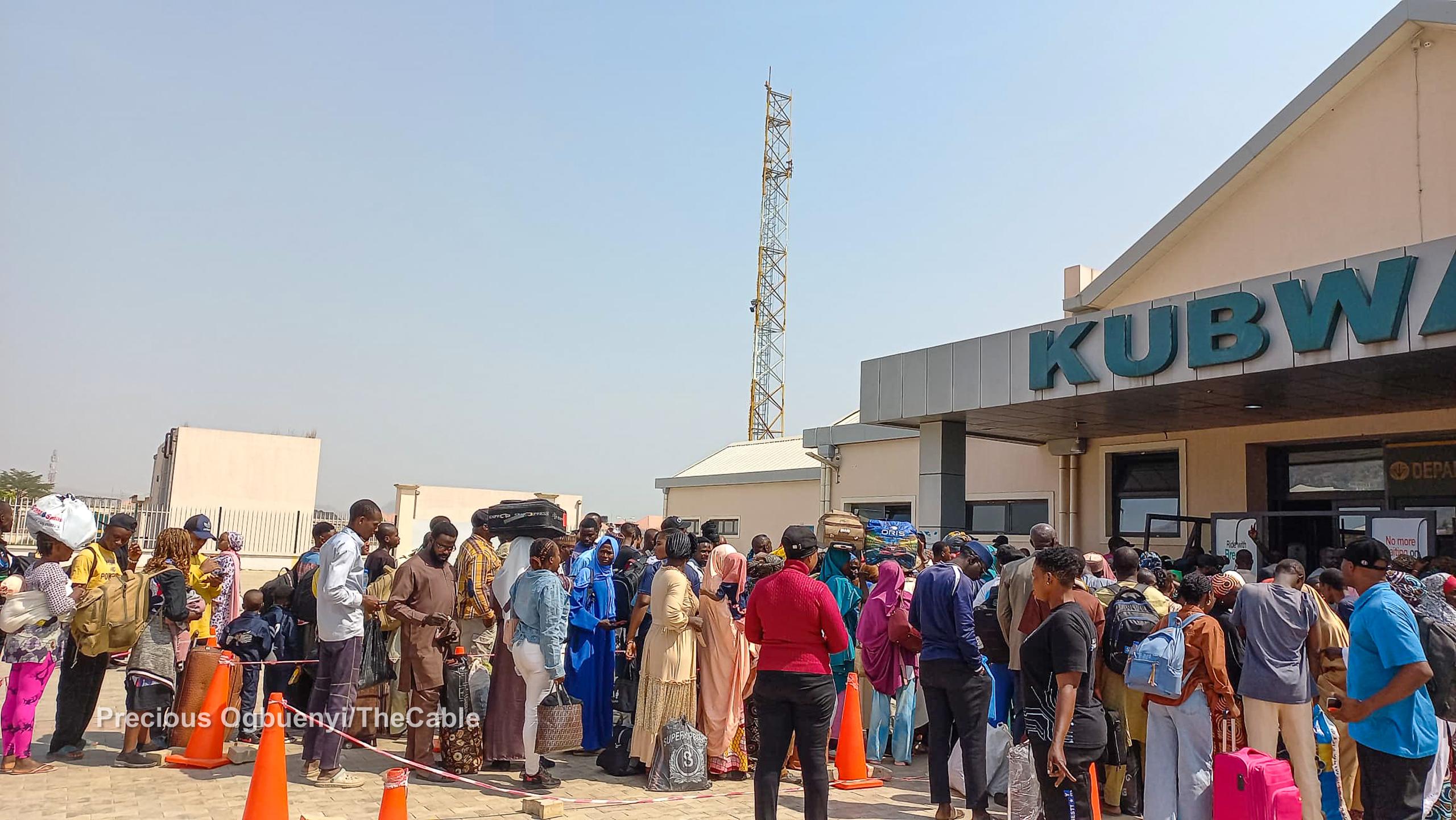
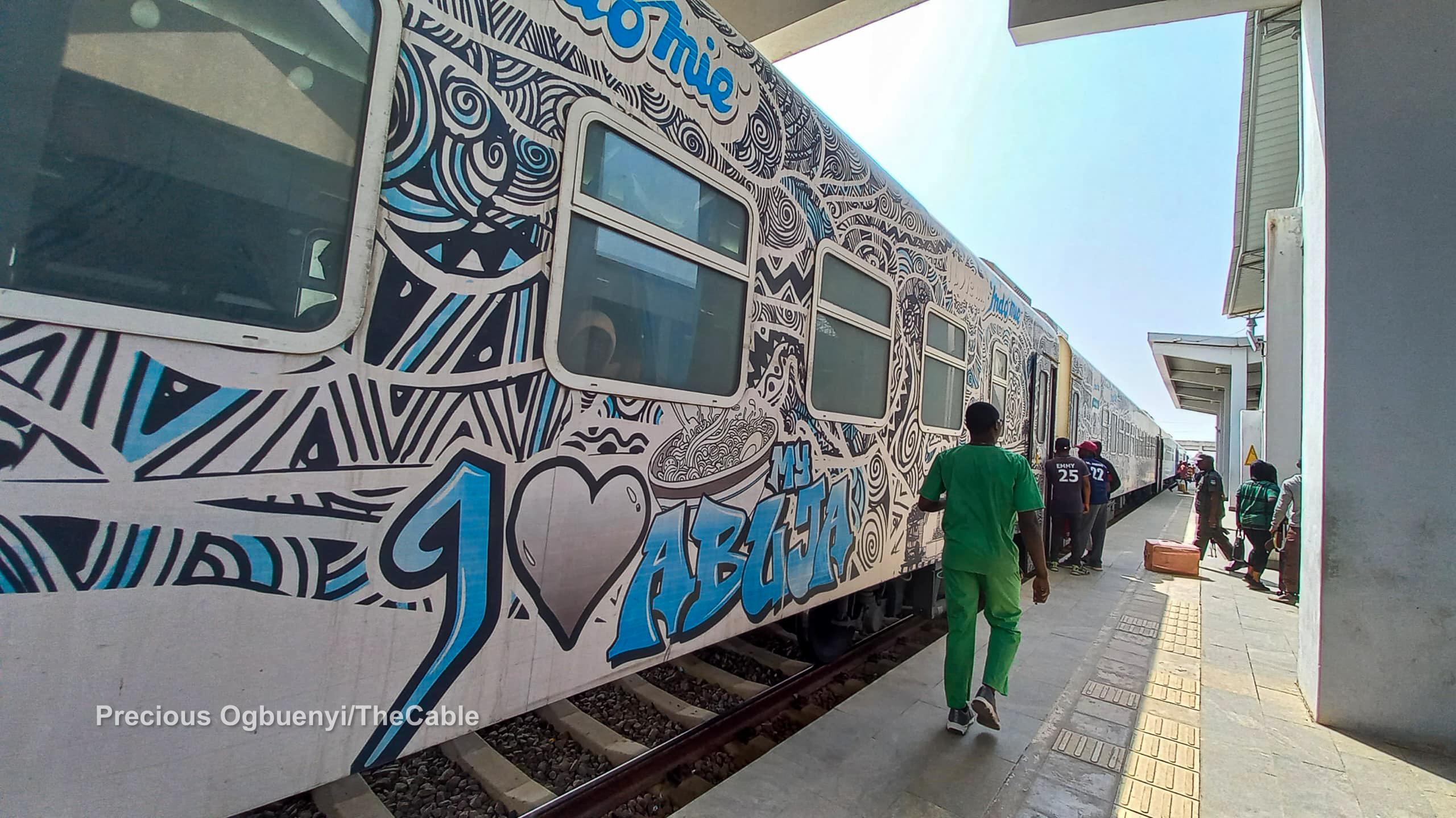
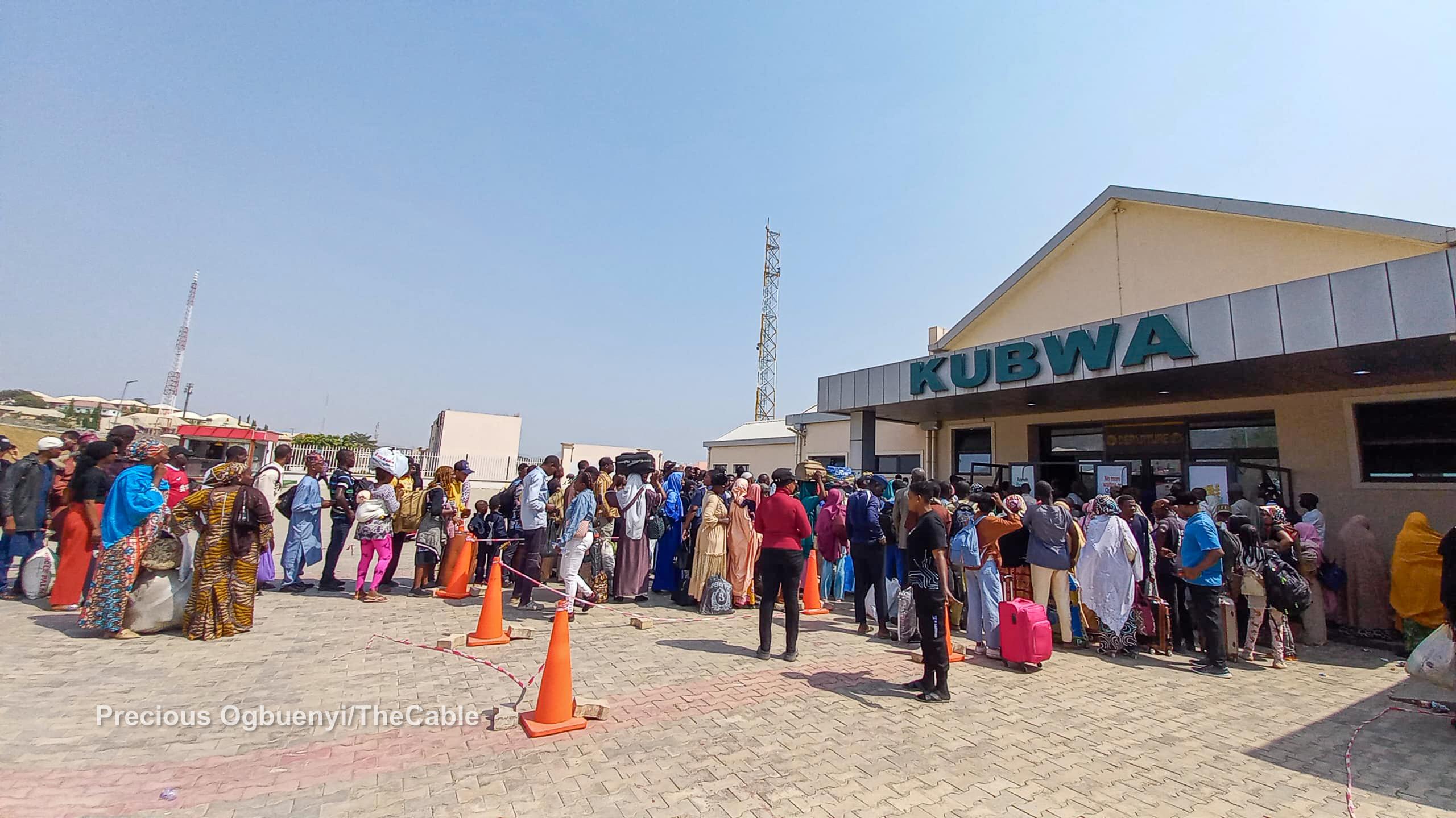


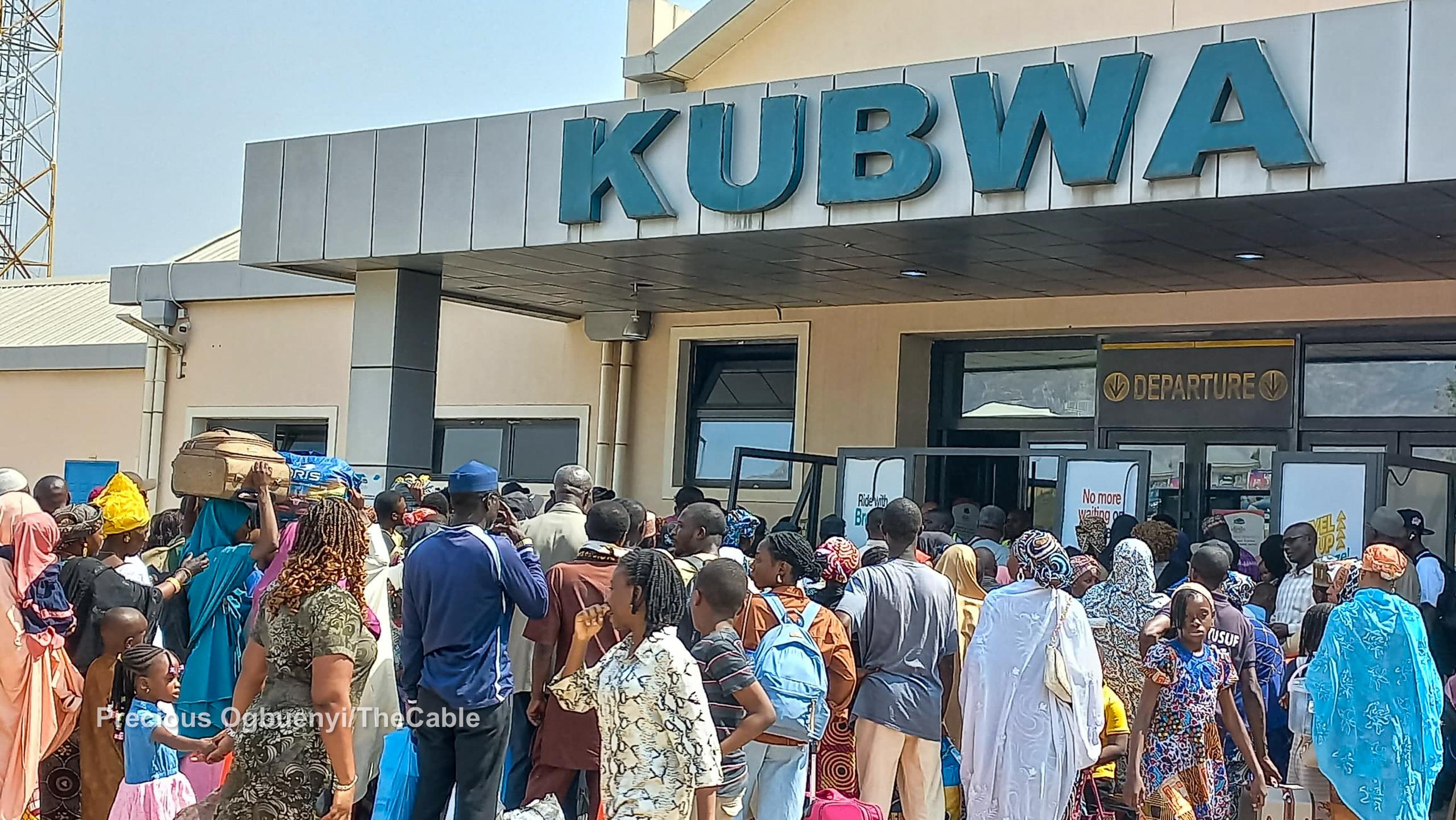
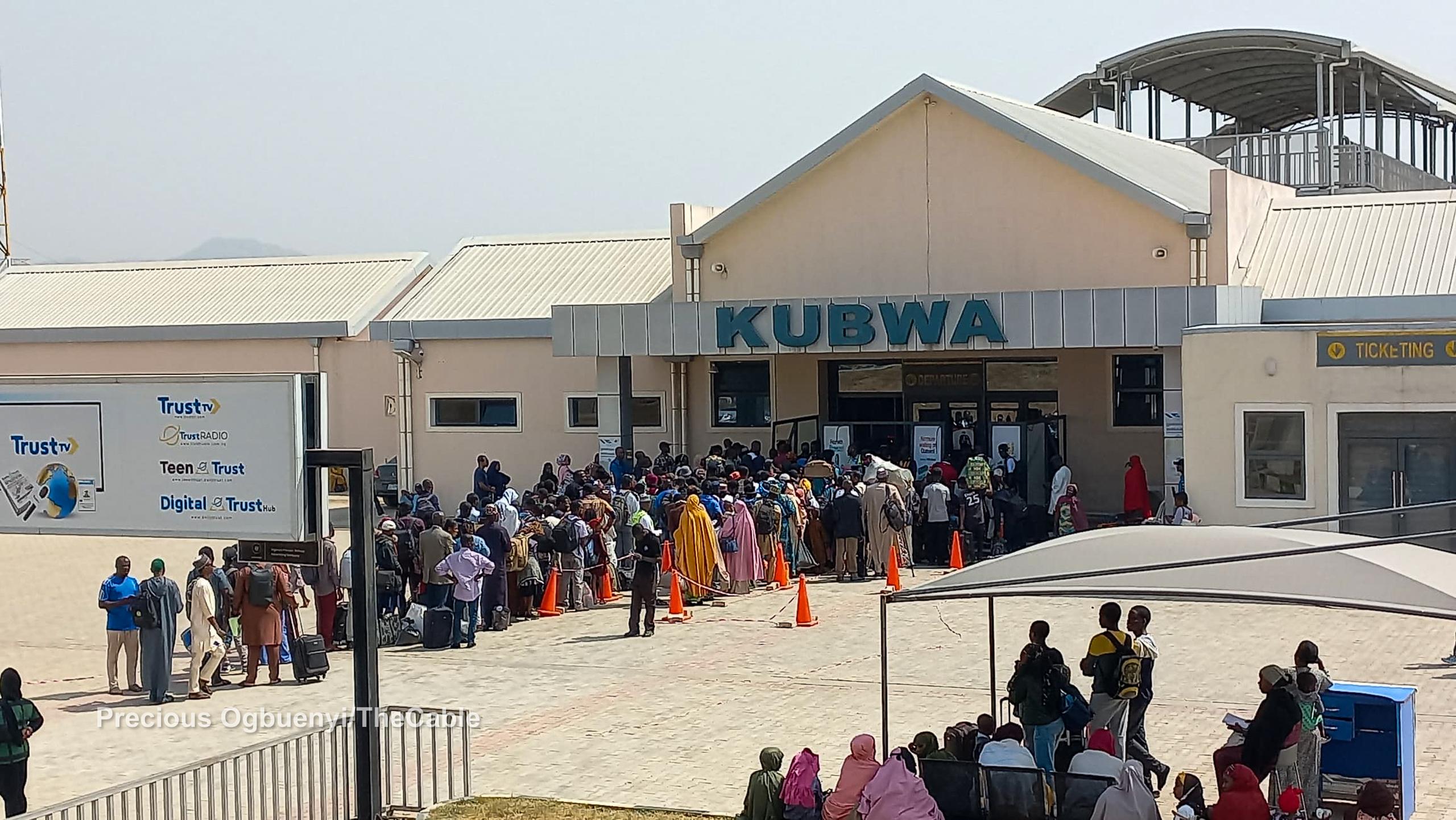
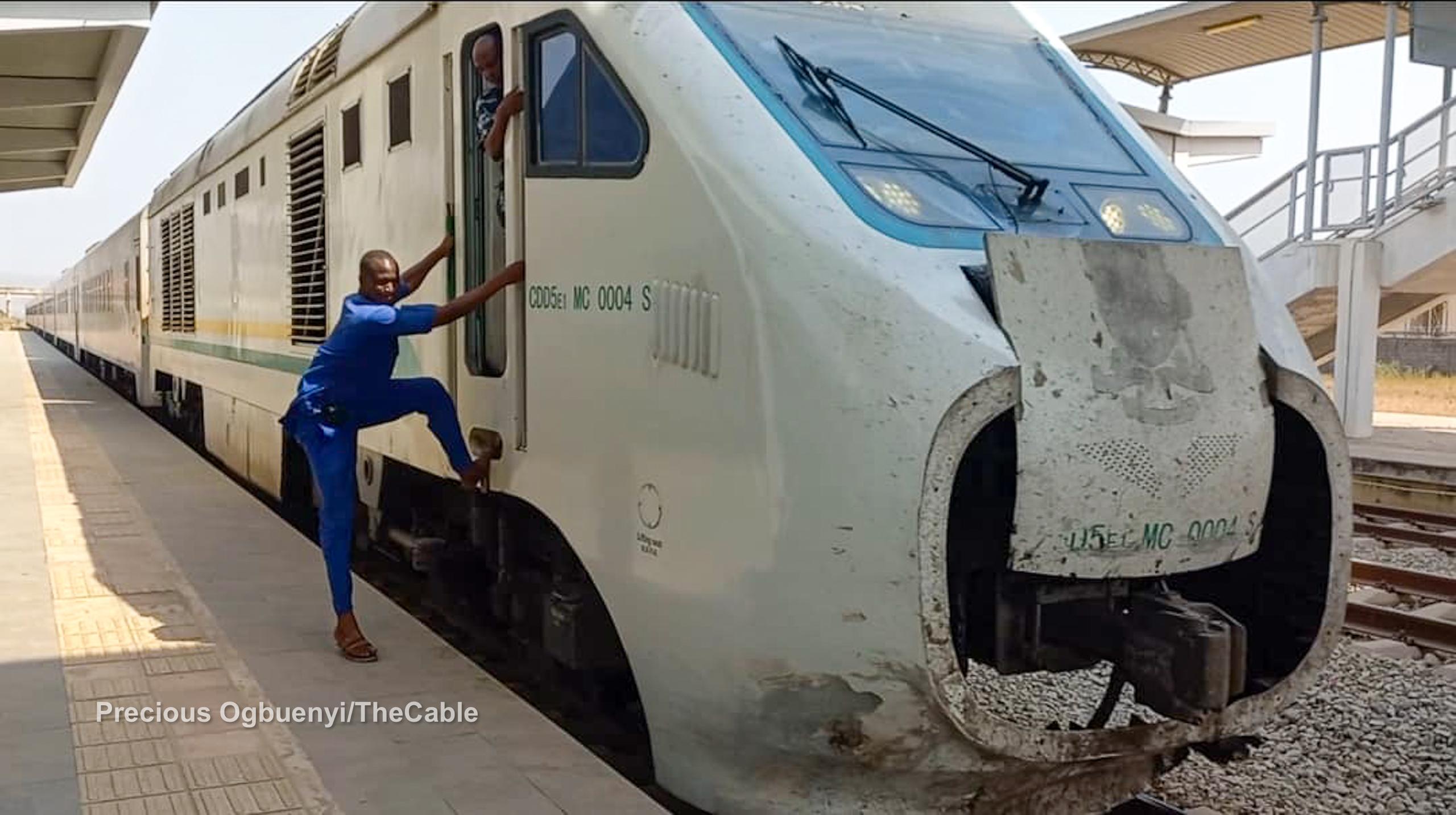
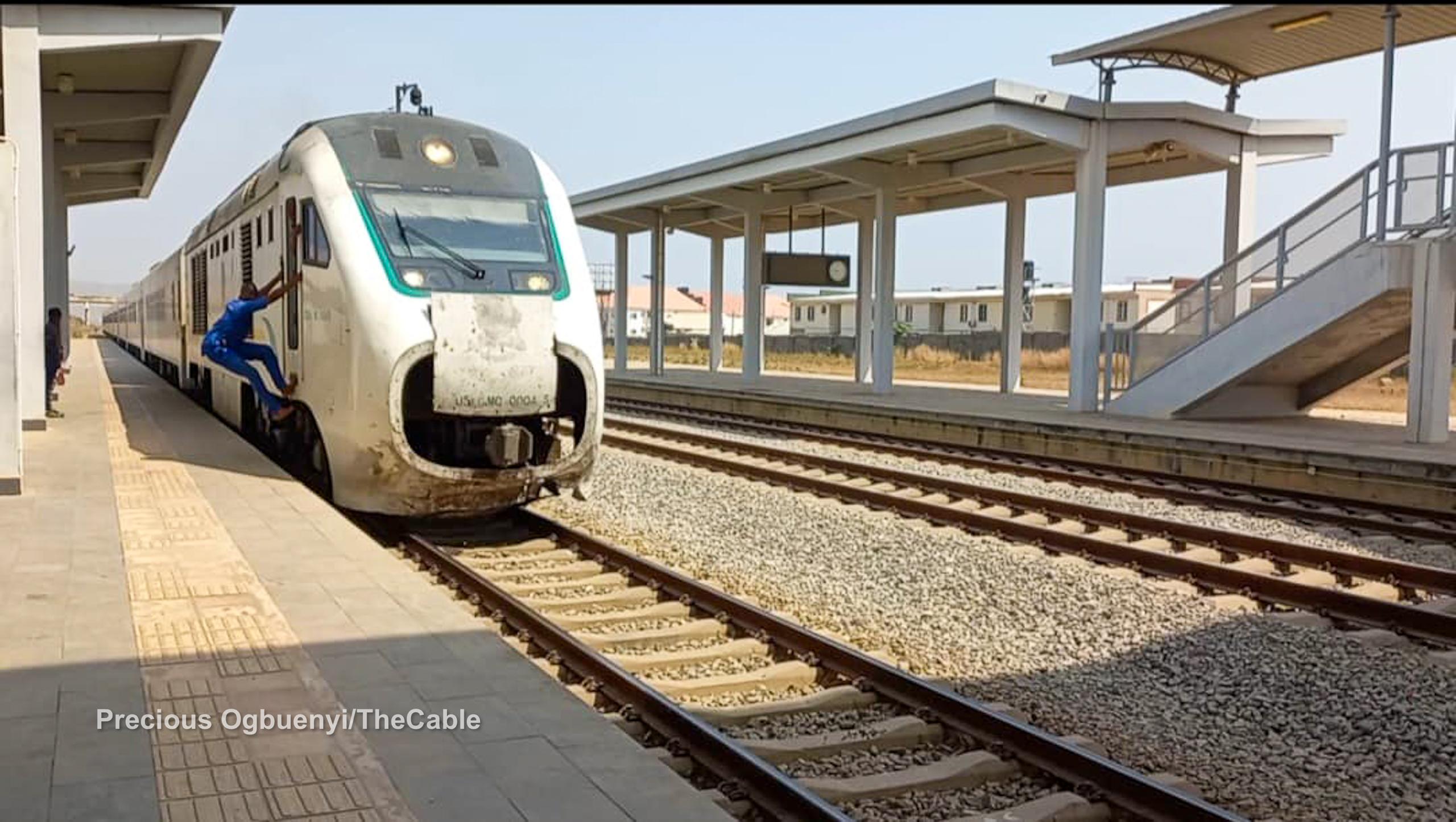
Add a comment
